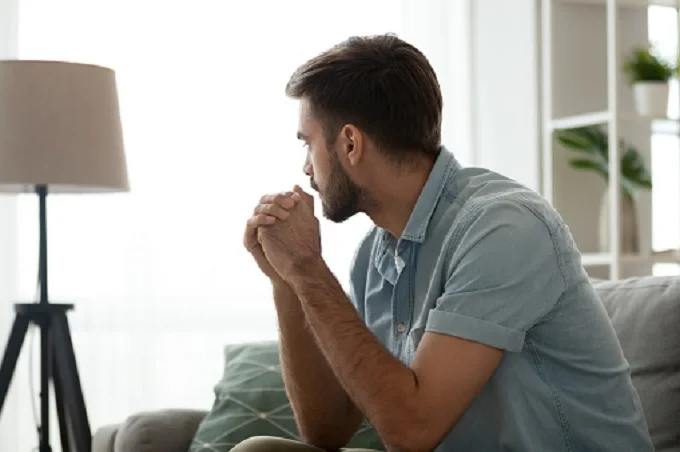10 signs of unresolved childhood trauma in adults

When we experience traumatic events in childhood, some of us think it’s just part of growing up and gaining experience. Unresolved childhood traumas can affect our present – cause anxiety and worry, fears, unwillingness, or inability to interact with society.
The anger and negativity that builds up inside can reduce the duration and quality of our lives. We will tell you how to understand that you have a childhood trauma that interferes with your present, and what to do about it.
Signs of unresolved trauma
You have no joy
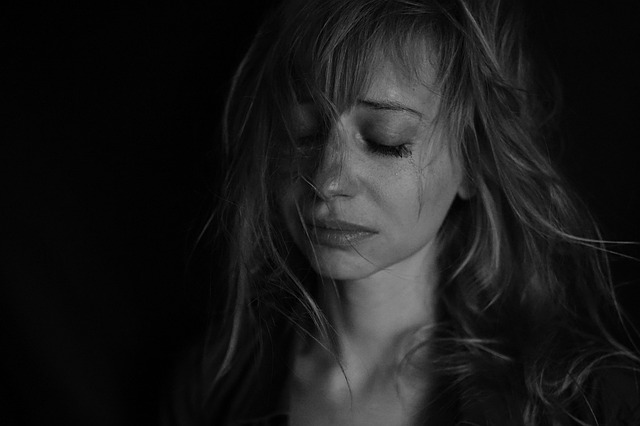
If childhood trauma is not resolved, it is difficult for people to experience the pure joy of life. Things that should make them look forward to tomorrow will instead make them fearful of it. For example, when the trauma is related to a birthday, people may actively avoid that day, turn off their smartphone so that they do not communicate with anyone, or move away from home altogether.
People with childhood trauma may experience positive emotions and receive them from other people but feel joyful – not always.
Trust issues
We can all treat someone with distrust. However, people with unresolved childhood traumas are more susceptible to this.
It can be difficult to gain their trust if it has been abused in the past. Or in cases where they are faced with strong deceit and betrayal. And it is also difficult for people with childhood trauma to learn to trust even the closest ones when they have experienced moral and physical abuse.
Nightmares
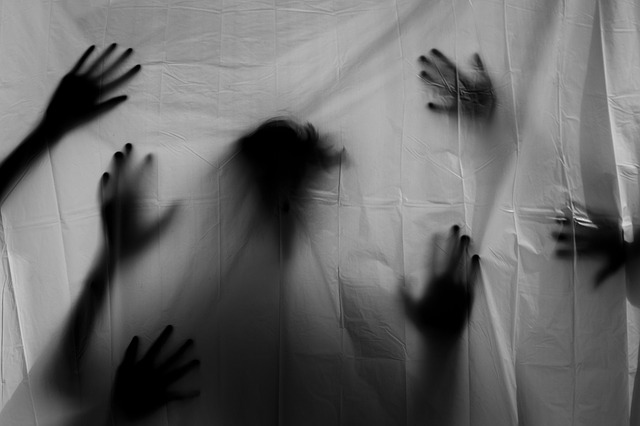
Due to childhood traumas that a person could not survive and let go of, he may experience nightmares or strange dreams. Sometimes they can be so disturbing that they completely ruin sleep, causing people to sweat, gasp and wake up several times a night.
Therefore, if nightmares are dreamed of and filled with bright moments from childhood and adolescence, they may well speak of an inexperienced trauma.
Self-harm
Self-harm or self-harm occurs in people of all ages. This desire to harm yourself physically drown out the moral pain. Often this manifests itself in cuts or bumps. People may also go hungry, take extremely hot or cold showers, or even pull their hair out.
Self-harm can be caused by mental illnesses and conditions such as depression, bipolar disorder, or schizophrenia. But often, it is the result of unprocessed childhood trauma – in such cases, this habit can accompany a person from childhood or adolescence.
Intense anger
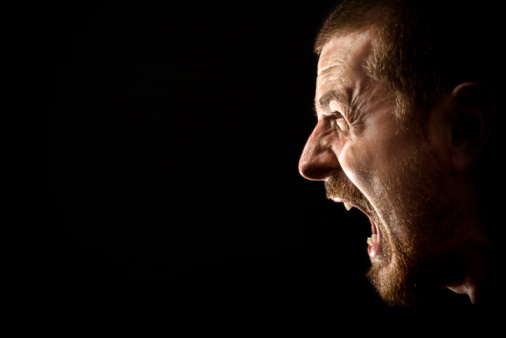
Those who have anger issues often face something extremely stressful in the present moment of life or may show attempts to release past trauma.
Unresolved past trauma builds up anger throughout our lives, even as we push it back and try to forget. Anger still accumulates and is “stored” in us until it encounters trauma. An outburst of negative emotions can harm others and affect health and shorten life expectancy if experienced over a long period.
Fears
People who have not experienced childhood trauma may be afraid of things that may seem very strange to their loved ones. They can also flinch when others see no reason to be alarmed – the triggers for their fears can be different and not necessarily scary for most people around.
For example, they may be afraid of phone calls from their parents and experience a real fear of picking up the phone if they experienced moral abuse as a child and often “received a scolding” on the phone. Or be afraid to do something that would cause parents’ disapproval, although they have not lived with them for a long time and do not depend on them.
Panic attacks
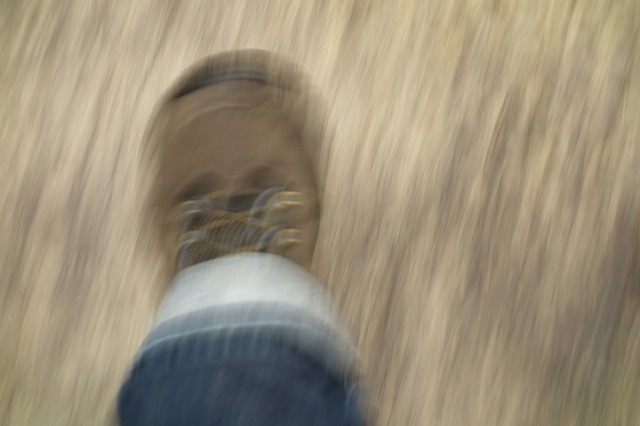
Panic attacks can be a sure sign of unresolved childhood problems. They happen randomly, but they are also caused by something that reminds you of past traumas.
Panic attacks cause a racing heart, feeling like you can’t breathe, and other symptoms. You should not leave them unattended about what to do if you feel the approach of a panic attack.
Avoid people
It’s okay to be an introvert. But avoiding people all the time, and sometimes rarely leaving the house – no. If a person wants to isolate himself from society as much as possible and close himself off from his loved ones, this may indicate that something is bothering him, and the reason may be hiding in childhood traumas.
Increased vigilance

Hypervigilance is a state where a person is always alert, no matter how safe their environment is. When a person wakes up expecting something bad and thinks about the same thing all day long, such a state can be harmful to his health. This increases anxiety, preventing positive emotions and normal interaction with other people.
Addiction
Another sign of unresolved trauma is addiction. Everyone knows about addiction to alcohol and drugs, but many other things can become addictive.
If a person’s childhood was traumatic, they probably think about it more than they should. Sometimes these thoughts are difficult to deal with, and some turn to various addictions, such as eating stress or coping with it through unhealthy cravings for computer games or hoarding.
How to deal with childhood trauma
To heal from childhood trauma, you can take the following steps to help yourself:
Admit what happened
Recognize that an unpleasant situation has influenced and left a deep mark on your soul. Even if you are now on good terms with the person who hurt you, this does not make your feeling of resentment illogical or inappropriate. Especially if you never discussed what happened with him.
Contact a psychologist
Talking to a doctor can help calm your memories and put your fears aside, as well as allow other people into your life. Therapy helps you look at the situation from the outside to have a better chance of overcoming it. A psychotherapist can also help in communication with others and the restoration of self-esteem.
Define your triggers
You may be given a difficult assignment and feel like a small child staring helplessly at a piece of paper. Or hear a raised voice and try to avoid contact with him because you feel small and defenceless. To cope with trauma, you need to find why certain things make you feel bad.
Let go if you can
First of all, let yourself do it. And if you can’t let go of the situation, try to accept it. There are a lot of injustices in this life, and it is completely normal to deal with them. And by holding on to resentment, we only perpetuate the trauma and allow it to worsen our present.




